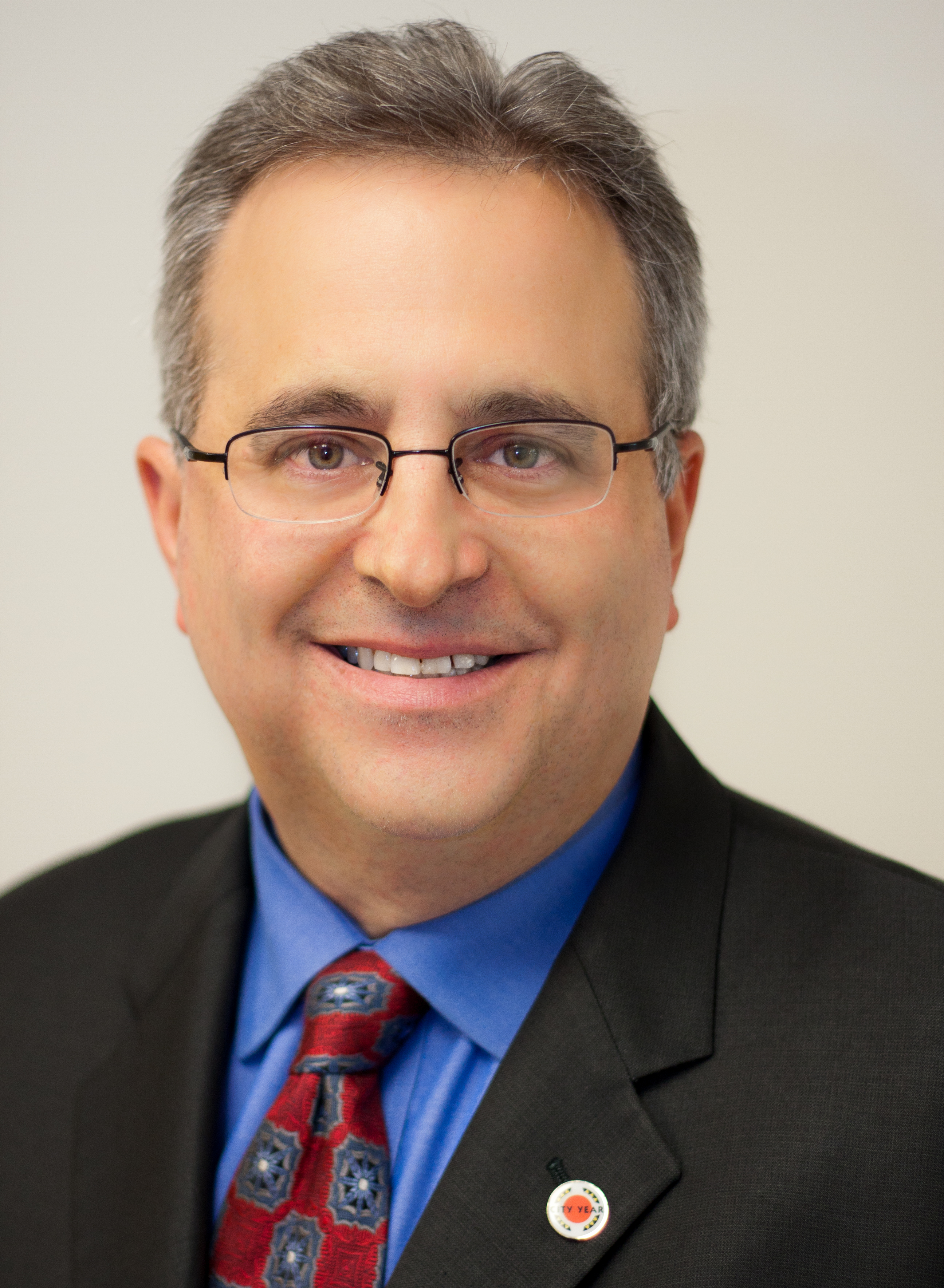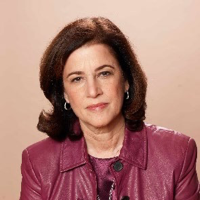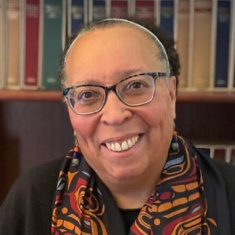
- This event has passed.
Empowering Tomorrow: A Special Conversation With Groundbreaking Leaders Who Make the Case for Youth Thriving

“It’s often said that children, and I’d say especially teens, don’t come with a manual. Well, now, apparently they do.” – Michael Brown, Public Purpose Strategies
Empowering Tomorrow: A Special Conversation With Groundbreaking Leaders Who Make the Case for Youth Thriving built on the crucial early years to discuss a new framework for raising thriving teens, reimagining public education as part of a broader ecosystem that provides the conditions necessary for youth to thrive.
After explaining his journey that led to the founding of City Year — one of the largest AmeriCorps programs in the country — Moderator Michael Brown of Public Purpose Strategies introduced the discussion by asking research experts Karen Pittman of Power to Knowledge Catalysts and Ellen Galinsky, author of The Breakthrough Years, about their research in youth development. These leaders reshaped our understanding of the adolescent brain by demystifies the journey of adolescence.
“Adolescence is a sensitive period. And by sensitive, it means that they’re more influenced by their environment, as in the early years, than in other periods in life.“ – Ellen Galinsky, Author of The Breakthrough Years
Digging into the background that led to her book, “The Breakthrough Years,” Galinsky addressed the negative misconceptions surrounding adolescents and highlighted the need to shift to more positive perspectives surrounding youth. She emphasized the importance of executive function, and how it can be used to promote growth and change in adolescents. She then shared the five main messages from her book that young people want adults to understand:
- Message 1: Understand Our Development
- Message 2: Don’t Stereotype or Label Us
- Message 3: Listen and Talk WITH Us, Not at Us
- Message 4: We Are Trying to Understand Ourselves and Our Needs
- Message 5: We are Drawn to Learn Life and Learning Skills
“Young people really are on their own journey. That we need to know them and support them and find ways to help them out on that path, is so critical. It is so important that we can trust that when we put young people in interest-driven settings, they will learn the things they’re required to learn in school.” – Karen Pittman, Knowledge to Power Catalysts
Pittman emphasized the narrow definition of learning and the need for more access to people, places, and possibilities in young people’s lives. She asserted that the Carnegie unit of learning — learning in 120 hours segments with an exam at the end — must be replaced with more relevant learner-centered approaches to support youth development.




